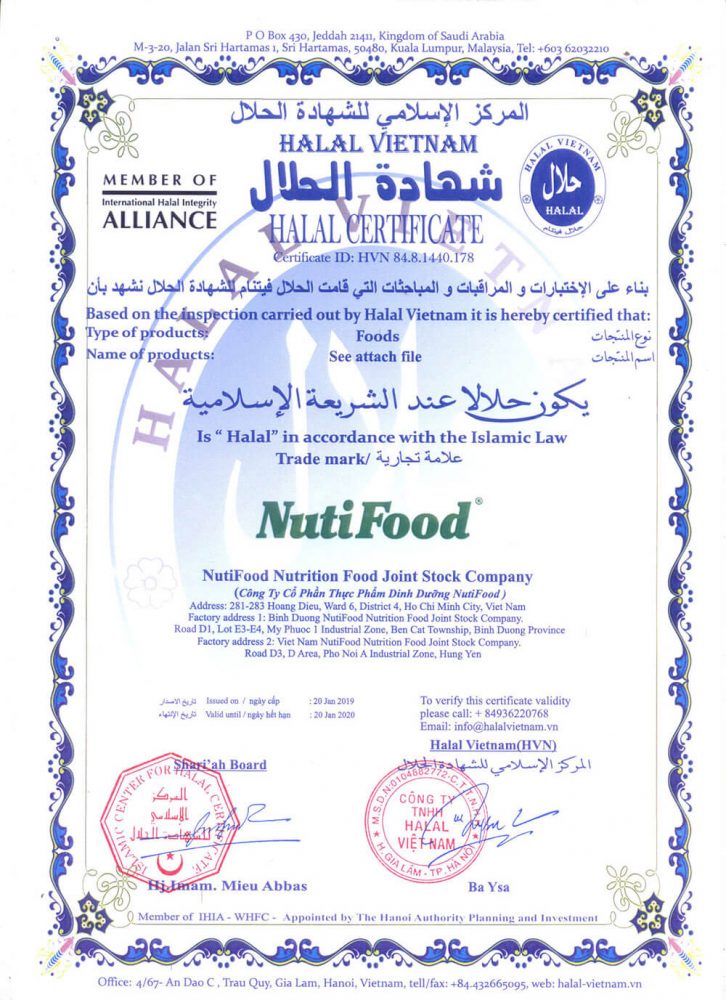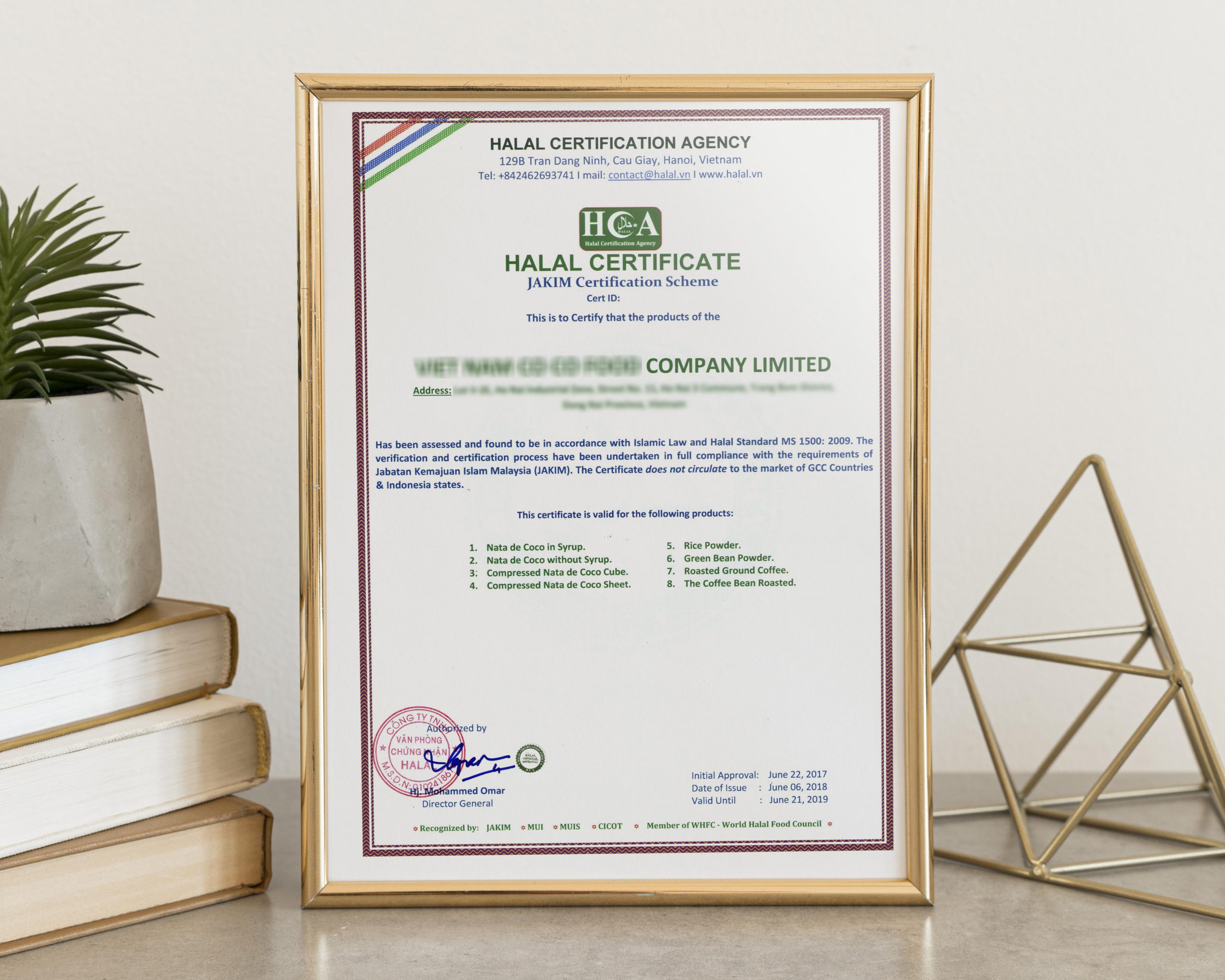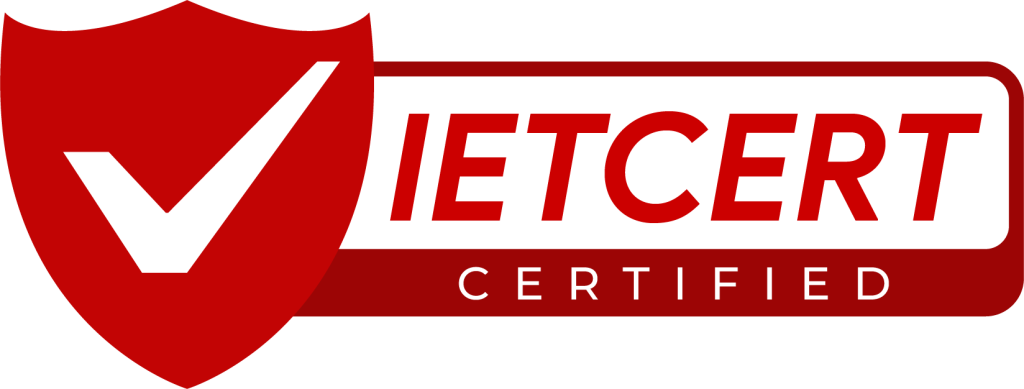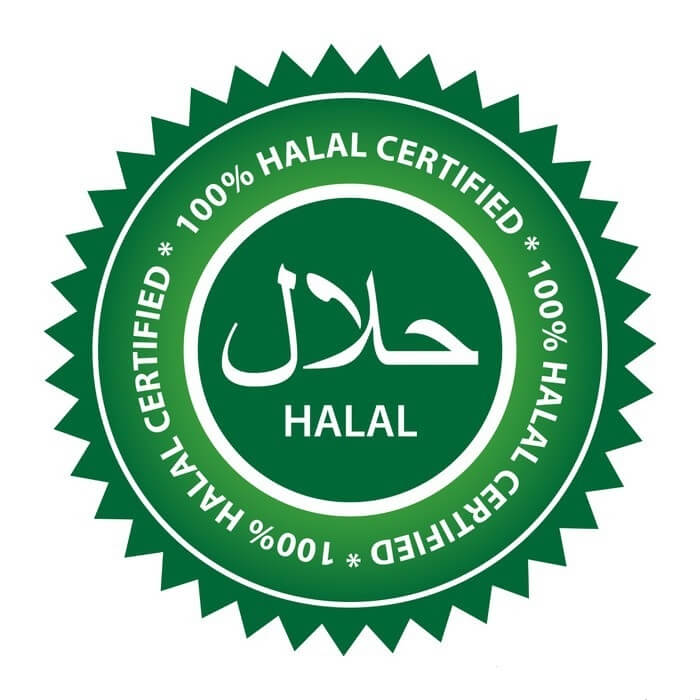Basic information about Halal Certificate
Halal certification is a process through which food products and meat are verified to comply with Islamic dietary laws. It ensures that the products have been prepared, processed, and handled in accordance with specific requirements outlined in Islamic Shariah. Halal certification is conducted by internationally recognized and accredited certification bodies. The opposite of Halal or ‘Permissible’ is ‘Haram’ or ‘Forbidden’. Certain food items such as pig meat and pig fat are banned under Islamic law.
Benefits
This certification offers several benefits:
- Market Access: It allows businesses to tap into the growing Muslim consumer market. With over 1.8 billion Muslims worldwide, having halal certification opens doors to new customers.
- Consumer Trust: It provides assurance to Muslim consumers that the product complies with Islamic dietary laws. This builds trust and loyalty among buyers.
- Global Trade: It facilitates international trade. Many countries require halal certification for food imports, making it essential for exporters.
- Quality Assurance: The certification process ensures that products meet specific standards, including hygiene, safety, and ethical practices. This enhances overall product quality.
- Ethical and Sustainable Practices: It promotes humane treatment of animals during slaughter, encouraging ethical and sustainable practices in the food industry.
- Transparency: Certified halal products undergo rigorous checks, ensuring transparency in ingredients, production, and handling.
- Marketing Advantage: Displaying the halal logo on packaging can attract Muslim consumers and differentiate products in the market.
Remember that this certification goes beyond religious compliance; it also aligns with principles of quality, safety, and ethical production.

Challenges of obtaining Halal certificate
Obtaining this certification can be a rewarding process, but it also comes with its fair share of challenges. Let’s explore some of these challenges:
- Knowing the ROI of Investing in Halal:
- Determining the specific return on investment (ROI) for this certification can be challenging, especially for both start-ups and mature companies.
- Decision-makers may not fully understand the dynamics of the halal market, leading to uncertainty about the potential outcomes.
- Solution: On average, companies that obtain halal certification through the American Halal Foundation (AHF) receive an impressive 11x return on their investment. AHF’s client development team can assist in calculating the potential ROI for your company.
- Short Deadlines:
- Companies often face urgent requests for halal certification. Customers may demand certification before product shipment or order placement.
- Government agencies or institutional organizations may require certification for bid submissions with tight deadlines.
- Solution: AHF has globally optimized timelines for halal certification, ensuring swift responses to customer requests.
- Uncooperative Suppliers:
- Suppliers receive numerous requests related to logistics and quality assurance.
- During the halal certification process, companies need data from suppliers, which can be challenging to obtain.
- Solution: Effective communication and collaboration with suppliers are essential. AHF assists in navigating this aspect.
- Third-Party Manufacturers (Private Label):
- When using third-party manufacturers (such as private label producers), challenges may arise regarding ownership of the formula.
- Some manufacturers may be unwilling to complete the halal certification process.
- Solution: Clear agreements and cooperation between manufacturers and companies are crucial for successful certification.
- Other Challenges:
- Beyond the mentioned challenges, companies may encounter additional hurdles related to supply chain transparency, cross-contamination risks, regulatory compliance, consumer education, and resource constraints.
Navigating these challenges requires diligence, effective communication, and a commitment to meeting halal standards.

Islamic dietary law
Islamic dietary laws are essential guidelines that Muslims follow in their diet. These laws distinguish between halal (Arabic: حَلَال, meaning ‘permissible’ or ‘lawful’) and haram (Arabic: حَرَام, meaning ‘forbidden’ or ‘unlawful’) foods. Let’s delve into the specifics:
- Halal (Permissible) Foods:
- Livestock or Cattle: Herbivores and cud-chewing animals like cattle, deer, sheep, goats, and antelope are considered halal if they are treated humanely and slaughtered painlessly. The basmala (recitation of “Bismillah”) and takbir (praise of Allah) accompany the slaughter.
- Animals Hunted by Other Animals: Animals hunted by trained birds or other animals are also permitted.
- Permissible Method of Slaughter: The prescribed method of slaughter for halal animals is called dhabīḥah. It involves a swift, deep incision to the throat with a sharp knife, cutting the windpipe, jugular veins, and carotid arteries while leaving the spinal cord intact. The carcass is then hung upside down to drain blood.
- Forbidden Food Substances: Muslims avoid consuming:
- Alcohol
- Pork
- Carrion
- Meat of Carnivores
- Animals That Died Due to Illness, Injury, Stunning, Poisoning, or Slaughtering Not in the Name of God
- Haram (Forbidden) Foods:
- Any food or drink explicitly prohibited by Islamic law falls into this category.
These dietary laws are rooted in the Quran and traditions attributed to the Islamic prophet Muhammad. They guide Muslims in fulfilling their dietary requirements in accordance with Islamic teachings
Read more:
WHAT YOU NEED TO KNOW ABOUT COMMERCIAL INVOICE

